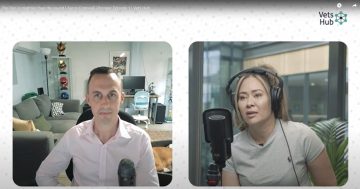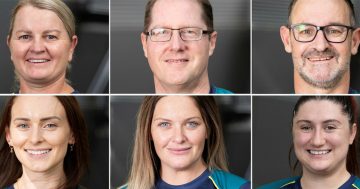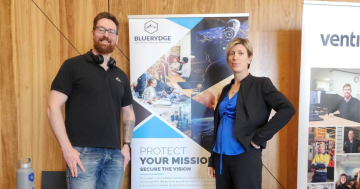
The CSC says Defence members should start thinking about their future finances long before they transition back to civilian life. Photo: ADF.
The Commonwealth Superannuation Corporation (CSC) through its Vets Hub service has made great strides in recent months supporting Australian Defence Force (ADF) veterans as they transition from service to civilian life, particularly in considering their financial futures.
One of those initiatives was the launch of the Prosper podcast earlier this year. Hosted by veterans Talissa Papamau and CSC national manager Defence and Veterans Liaison David Wilton, Prosper features raw, real and honest veteran conversations on finding financial wellbeing after service.
As part of its support for veterans, Vets Hub has also built a number of case studies through interviews with veterans about their experiences and what advice they would provide to the 6000 who transition out of the ADF each year.
Whether voluntary due to a career change or retirement or involuntary due to injury or illness, transitioning out can bring financial challenges through having to find a civilian job or study, moving to new accommodation, or losing benefits such as free medical and dental care.
Former RAAF medic Colleen McLean from Townsville now works as a project manager. She said after a medical transition out of the RAAF, she went back to study to develop a new skillset and build a new career from the ground up.
“While I was studying, I wish I was more prepared for weekly cost-of-living differences,” she said. “I’d lost my ADF housing allowance and no longer had free medical and dental care benefits.”
Aaron Cornwall from Brisbane served in the Army before leaving in 2012 for a career change. He is now a business owner and student veteran services manager at Australian Catholic University (ACU). In 2023, Aaron received the Prime Minister’s Veteran Employee of the Year Award.
“I wish I knew earlier how quick and rapid the transition out of Defence can be, and that it’s something you don’t always have control of,” he said. “Looking back, I wish I’d started financially preparing in my first year or two with the ADF.”
Canberra-based Sam Lang, an education consultant with CSC, is a partner of a former RAAF member who medically transitioned due to a back injury.
“My partner spent four years in RAAF as an avionics technician but her time was sadly cut short due to a significant back injury, which forced her to medically transition,” he said.
“Watching her go through it, I wish I knew how stressful it would be for my partner, who was sitting in every medical appointment wondering if she was going to lose her job and source of income.”
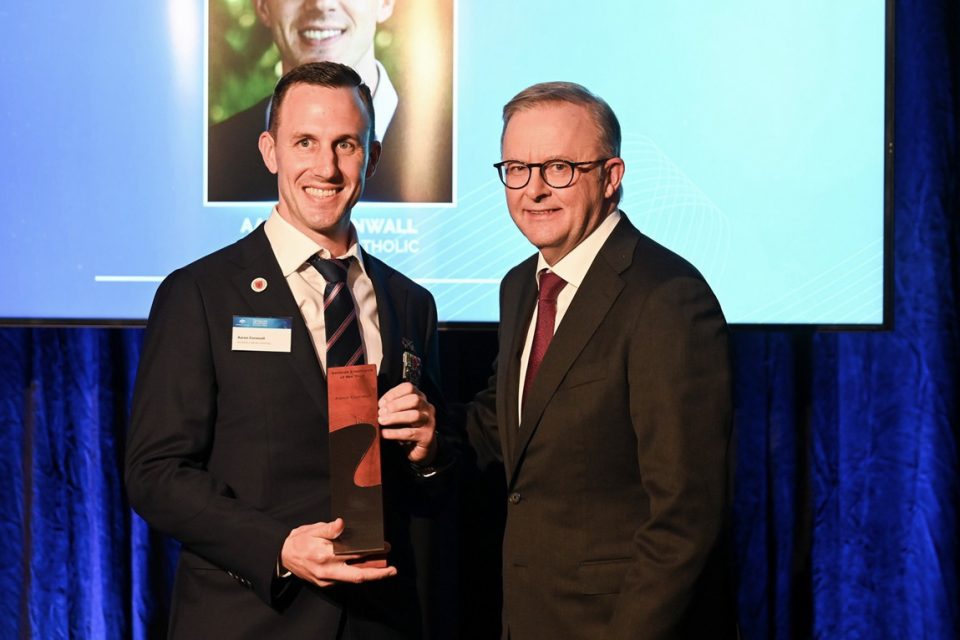
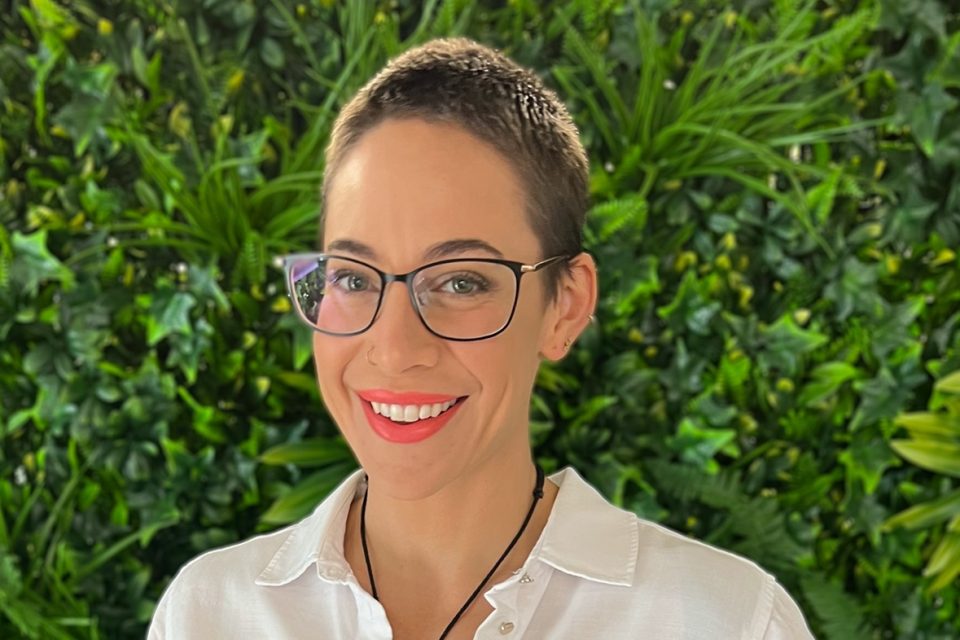
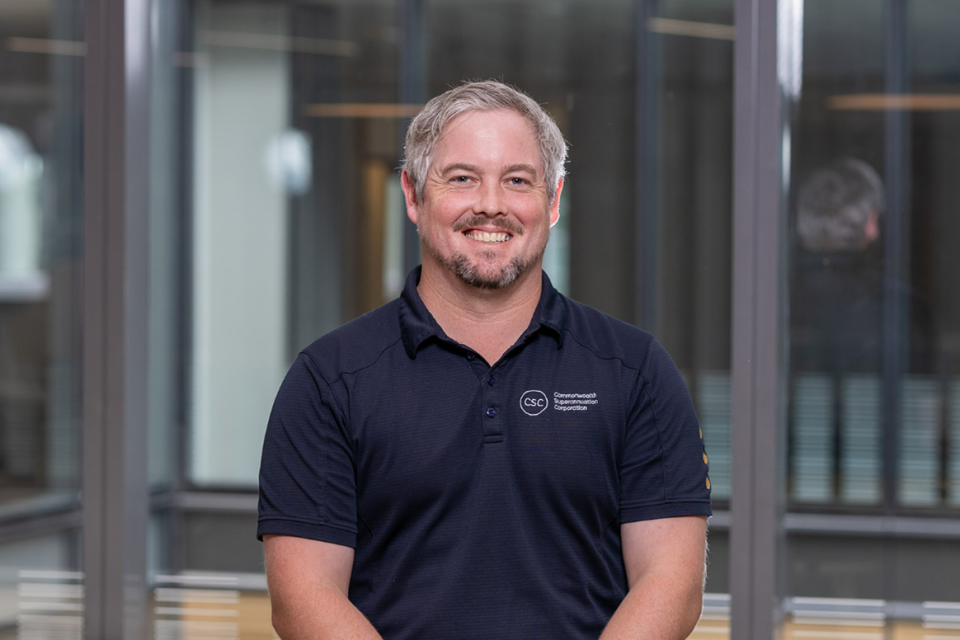
When asked what advice they would give fellow veterans about the transition process, Colleen said: “During your service, build and retain a civilian network who can help you get a jumpstart on a civilian career.
“In my ADF career I always joined a civilian gym near where I lived and made civilian friends. When I was told I’d be medically separating from the ADF, I was able to contact them.”
Aaron said veterans should start financially planning early. “Even in your first couple of ADF years, and have a Plan A, B, C and D,” he said.
“There are often a lot of variables involved, including the need to buy or rent a house or apartment, going back to study, starting a new career or business, or retiring. Having only a Plan A to tackle these challenges is not enough.”
Sam said it was important for ADF members to learn about the role their superannuation provided in the transition.
“Get engaged with your super as early as possible and familiarise yourself with the financial wellness resources – including financial advice – that your fund offers,” he said.
“Whether it’s immediately after transitioning or 20 years into your new career, at some point you will need your super.”
David said due to increasing costs of living, it paid for ADF workers to plan ahead and learn as much as possible about how they would achieve financial wellbeing after their transition.
“Transitioning from the ADF affects the entire family,” he said.
“It’s not like most civilian career changes. It can require families to move out of subsidised housing and face higher weekly living costs.
“Finding the right employment might be a challenge for some or it might require the veteran to return to study and build a new career from the ground up.
“While it’s pleasing to see most veterans planning their civilian lives before transitioning, the best financial outcomes are achieved when ADF members start planning from the beginning of their career.”
